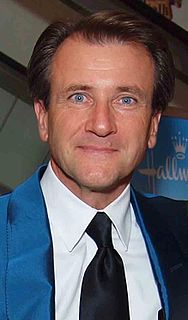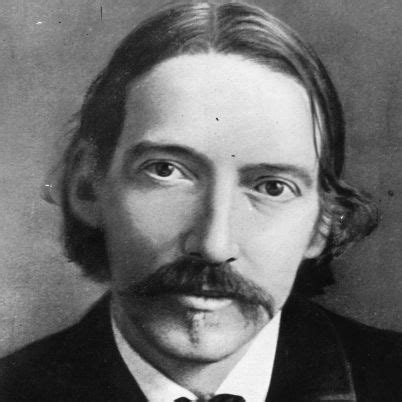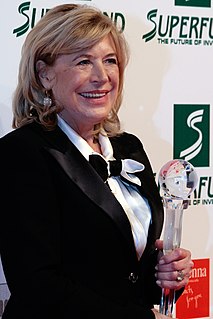A Quote by Frederick Lenz
You see, Buddhists are optimists. We never saw sunsets in Atlantis like we do now. We didn't have those great chemicals in the air.
Related Quotes
The beauty of the air, from the air... You haven't seen Australia unless you see it from the air. The coastline, the colours of the inland. The claypans, the forests. It's just all so beautiful. You'd never see that from the road. People climb mountains to see these things. You see that every time you take off.
All programmers are optimists. Perhaps this modern sorcery especially attracts those who believe in happy endings and fairy godmothers. Perhaps the hundreds of nitty frustrations drive away all but those who habitually focus on the end goal. Perhaps it is merely that computers are young, programmers are younger, and the young are always optimists.
They had stopped now and he gave a glance up at the sky, through the trees, as though to see how much time was left. Amber, watching him, was suddenly struck with panic. Now he was going--out again into that great world with its bustle and noise and excitement--and she must stay here. She had a terrible new feeling of loneliness, as if she stood in some solitary corner at a party where she was the only stranger. Those places he had seen, she would never see; those fine things he had done, she would never do. But worst of all she would never see him again.
We shall not read it for its sociological insights, which are non-existent, nor as science fiction, because it has a general air of implausibility; but there is one high poetic fancy in the New Atlantis that stays in the mind after all its fancies and inventions have been forgotten. In the New Atlantis, an island kingdom lying in very distant seas, the only commodity of external trade is light: Bacon's own special light, the light of understanding.
Today, about 40 percent of America's carbon pollution comes from our power plants. There are no federal limits to the amount those plants can pump into the air. None. We limit the amount of toxic chemicals like mercury, and sulfur, and arsenic in our air and water, but power plants can dump as much carbon pollution into our atmosphere as they want. It's not smart, it's not right, it's not safe, and I determined it needs to stop.


































